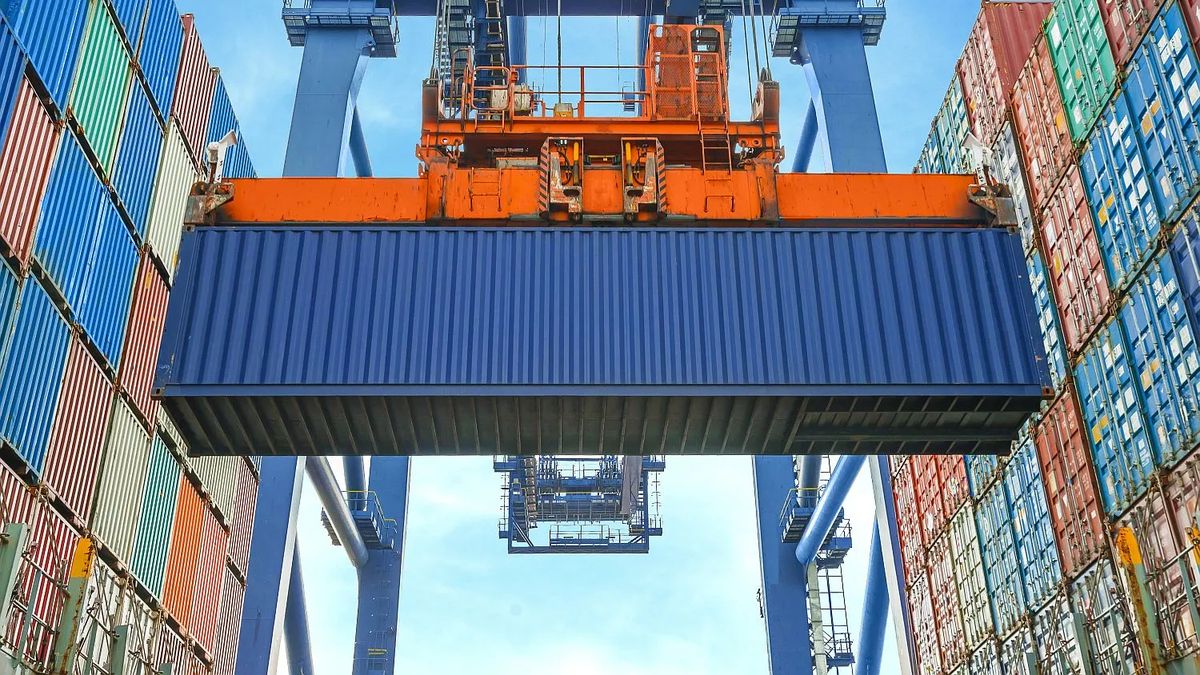A little more than four decades after its independence, in 1776, the United States designed a conceptual guide for its foreign policy: the “Monroe Doctrine.” American President James Monroe established that, if European capitals and governments disputed markets in America, the new nation should intervene by different means to prevent it. Another president of that country, John Adams, summarized it in the following way: “America for (North) Americans.”
Simón Bolívar understood it in real time: “The United States seems destined by Providence to plague America with misery, in the name of freedom.”
APEA (the FTAA in the new scenario)
Although from that moment to the present day a series of formal and informal actions have taken place in this regard, the United States proposed a Customs Union project for the entire American continent for the first time in 1885. It could not be materialized, in part due to the position of Argentina, which was then closely linked to England.
In 2022, President Joe Biden proposed the Alliance for Economic Prosperity in the Americas (APEA), recalling the Alliance for Progress (ALPRO) and the Free Trade Area of the Americas (FTAA). Biden was clear: “We are going to strengthen our supply chains so that they are more resilient to unexpected shocks.”
The United States has always proposed the same type of “alliance” to impose the “Monroe Doctrine” in one way or another. The main thing about these “alliances” always lies in conditioning the Latin American countries, having them under the same geoeconomic and political space and advancing their economies as much as possible.
A RIGI for Monroe
The RIGI (Large Investment Incentive Regime) is not just another point of the anti-popular Base Law: it is the denationalizing essence of the economic model proposed by Milei. It is aligned with the Paley Plan in relation to the natural resource needs of the United States and its geographic locations, detailed by economist Juan Fal in his doctoral thesis.
In “The open veins of Latin America”, Eduardo Galeano stated: “The international division of labor consists of some countries specializing in winning and others in losing.” […] Our wealth has always generated our poverty to feed the prosperity of others […] “The North American economy needs the minerals of Latin America like the lungs need air.”
Marcelo Berbel, in “El Embudo”, wrote: “Let’s not talk about heavy water/royalties, minerals/nothing comes, everything comes out/squeezing the milk/The issue is studied/to leave us in mourning/using any conduit/they take it to the earth/if our sweat was useful/there would already be some sweat.”
The RIGI is looting, deindustrialization and loss of sovereignty. It is also annexation, because Argentina will serve American needs through the importation of capital and goods.
In case a Néstor Kirchner becomes president or at least there are disputes with local transnational holdings in the Argentine justice system, the jurisdiction of the RIGI will be in the ICSID, a transnational court hegemonized by the United States.
For these reasons, it is incorrect to focus attention on the small changes that can be made to RIGI. The focus must be on the essence that remains standing.
Milei: more Monroeist than Monroe
Unlike the original “Monroe Doctrine”, the United States’ dispute today is not only with European capitals, but also with Chinese, the BRCIS, etc.
In circumstances of loss of US hegemony and global fragmentation that offers development opportunities for Argentina, Milei aligns itself with the United States in its Regional Value Chains approach. And not only that: in her regular visits to that nation she meets directly with representatives of the largest capitals in the world to offer our natural resources. She tries to show them that she is more of a Monroeite than Monroe.
Like Jonah, as Argentine people we made mistakes of different kinds, a storm was approaching and we entered the body of a big fish that could devour us. We must not make the mistake of waiting for the whale to expel us from its interior: from this moment we must work to get out of the bowels of the monster.
UBA-UNDAV Economist. –
@Pablo_Ferrari77
Source: Ambito
David William is a talented author who has made a name for himself in the world of writing. He is a professional author who writes on a wide range of topics, from general interest to opinion news. David is currently working as a writer at 24 hours worlds where he brings his unique perspective and in-depth research to his articles, making them both informative and engaging.




